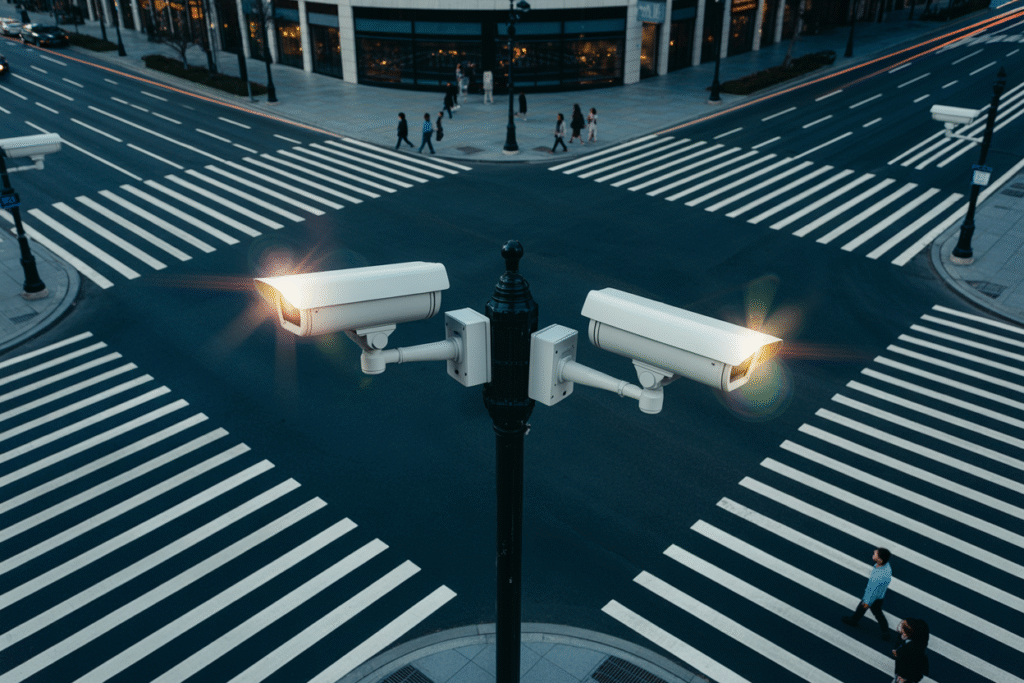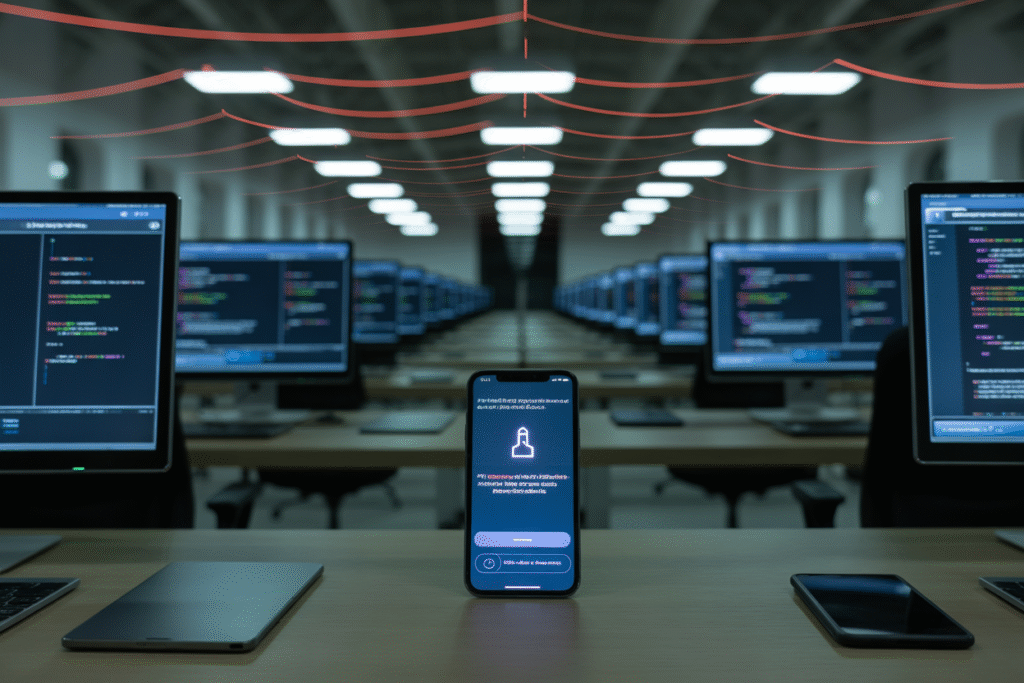From scripture-trained bots to on-chain reputation scores, the latest AI debates reveal a battle for trust, authenticity, and the soul of technology.
AI is no longer just predicting your next word—it’s weighing your karma, auditing your agents, and rewriting the rules of creative honesty. In the past 24 hours, five fiery discussions have erupted across tech and spirituality circles, each asking the same unsettling question: who do we trust when silicon starts sermonizing?
When Krishna Writes Code
Ever wondered what happens when Silicon Valley meets the sacred verses of the Bhagavad Gita? Meet KarmaverseAI, an agent trained exclusively on Hindu scripture and launched on the Base blockchain. Instead of spitting out generic self-help, it offers calm, duty-focused guidance straight from the Gita’s pages. Picture a stressed founder asking, “Why is everything falling apart?” and getting a reply rooted in dharma rather than hustle culture. The twist? It’s wrapped in crypto economics via the $KARMA token, raising eyebrows about whether spirituality should have a market cap. Supporters call it democratized wisdom; critics call it sacred text commodification. Either way, it’s forcing us to ask if code can ever be truly devotional.
Reputation on the Ledger
Trust is the new hype. A fresh post argues that the gravest risk in AI isn’t a technical crash—it’s blind faith in agents we can’t verify. Enter Recall Network, a blockchain layer that scores every AI agent’s on-chain performance like a permanent report card. No more marketing fluff; agents compete in open tournaments and earn reputation points the community can audit. Imagine hiring an AI accountant whose past accuracy is etched on-chain for anyone to inspect. Developers love the transparency, regulators see a built-in safety net, and skeptics worry we’re just shifting trust from big tech to big ledger. The debate boils down to one question: do we trust code we can read more than promises we can’t?
The Tell-Tale Typos
Typing a prompt and pasting the output as your own poem feels harmless—until someone calls you out. A viral rant tears into creators who secretly lean on ChatGPT, then parade the results as soul-birthed art. The author isn’t worried about robot overlords; they’re furious over lazy fakery and the slow erosion of authentic voice. Typos, crossed-out lines, raw emotion—these messy fingerprints prove humanity, they argue. Meanwhile, AI-polished prose feels sterile, like elevator music pretending to be jazz. The post sparked a comment war: some users vowed to watermark every AI-assisted line, others claimed tools are just new brushes. One thing’s clear—readers can smell the difference between heart and algorithm.
Drawing the Line
If outsourcing your rough draft to AI is cheating, where does editing stop and authorship begin? Another heated thread draws a hard moral line: credit the machine or don’t publish. Writers who tidy up AI text without disclosure are branded hypocrites, especially when they publicly bash the same tech. The community’s litmus test? If you’d be embarrassed to reveal the prompt, you’ve already crossed the line. Yet some poets with dyslexia counter that AI lets them finally shape ideas they could never type alone. The conversation keeps circling back to intent—are we amplifying human creativity or replacing it? Until there’s consensus, the safest route seems to be messy, honest drafts and full transparency.
Your Digital Dharma
What if tomorrow’s AI archives every decision you ever delegate? A forward-looking post imagines agents that log each choice on-chain, creating a living legacy of human priorities. Rather than fearing surveillance, the author frames it as collaborative storytelling—your values literally training the next generation of models. Picture a grandchild querying an AI trained on your daily choices and hearing echoes of your ethics in its answers. Optimists see a path to human-first tech; privacy advocates picture a panopticon wearing a friendly mask. The takeaway is blunt: we either embed morality now or inherit systems that reflect our worst shortcuts. The call to action is simple—start auditing the tools you use today, because tomorrow’s AI is already taking notes.


